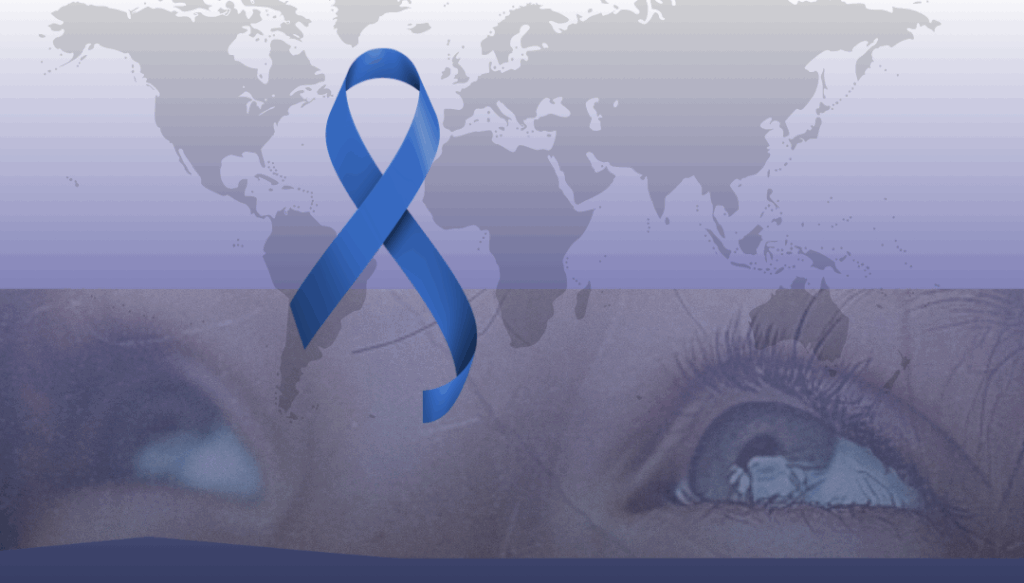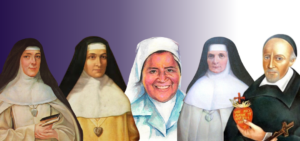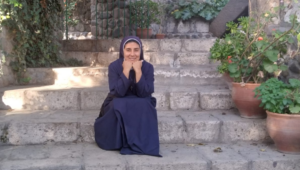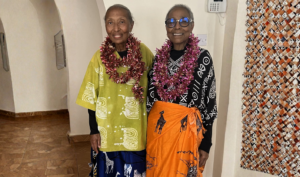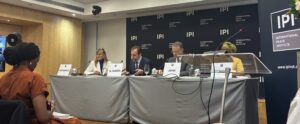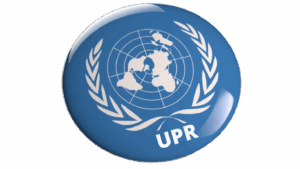By Good Shepherd International Justice and Peace
Human trafficking isn’t just a crime—it’s one of the most organized and destructive forms of exploitation happening in our world today. This year’s World Day Against Trafficking in Persons, celebrated on July 30, calls us to face that truth head-on. The 2025 theme, “Human Trafficking is Organized Crime – End the Exploitation,” puts a spotlight on how traffickers operate—and what we must do to stop them.
From 2020 to 2023, over 200,000 victims were identified globally. But these numbers barely scratch the surface. Traffickers—many of them part of powerful and well-organized criminal networks—move people across borders and digital platforms, exploiting them for forced labor, sexual exploitation, and even criminal activity. Girls and women remain disproportionately affected, often targeted because of their gender, age, and lack of protection.
Despite progress in awareness, justice systems continue to struggle to keep pace. Traffickers adapt quickly—using technology, legal loopholes, and global migration flows to evade accountability. But we can respond. Law enforcement must strengthen investigations, work across borders, target financial networks, and use technology not only to stop traffickers but to support survivors. Most importantly, survivors need justice that is centered on their dignity, safety, and long-term healing.
This year’s campaign also highlights the crucial role of police, border officers, and justice agencies. By engaging directly with the public—both online and in key transit areas, such as airports and bus terminals—they can help identify and disrupt trafficking operations, and make reporting tools more accessible to those at risk.
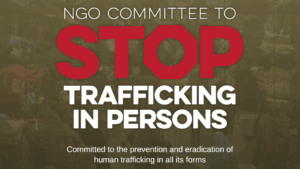
At Good Shepherd International Justice and Peace, we remain deeply committed to advocacy that prioritizes those most impacted—especially girls and women. We are honored that Kimberly Happich Moloche, GSIJP’s Main NGO Representative at the UN, serves on the Core Team of the NGO Committee to Stop Trafficking in Persons (CSTIP), where she contributes to the development of a position paper. Kimberly will also represent the Congregation at the Informal Interactive Multi-Stakeholder Hearing as part of the preparatory process for the High-level Meeting of the General Assembly on the Appraisal of the United Nations Global Plan of Action to Combat Trafficking in Persons on June 30.
We urge you to learn more about this global crisis, share what you know, and speak out where you can. Every action matters. Ending human trafficking means recognizing it for what it is—organized crime—and working together across every level of society to stop the exploitation.
To explore the UN’s campaign and get involved, visit: https://www.unodc.org/unodc/en/endht/index.html
Because real change starts with awareness—and grows through collective action.
